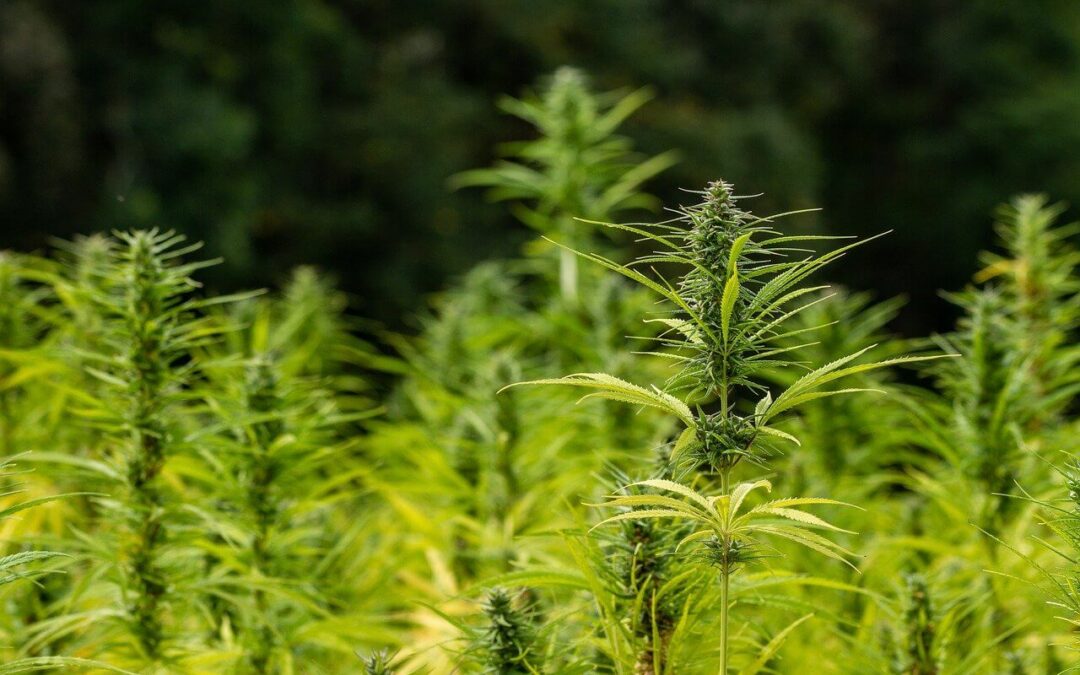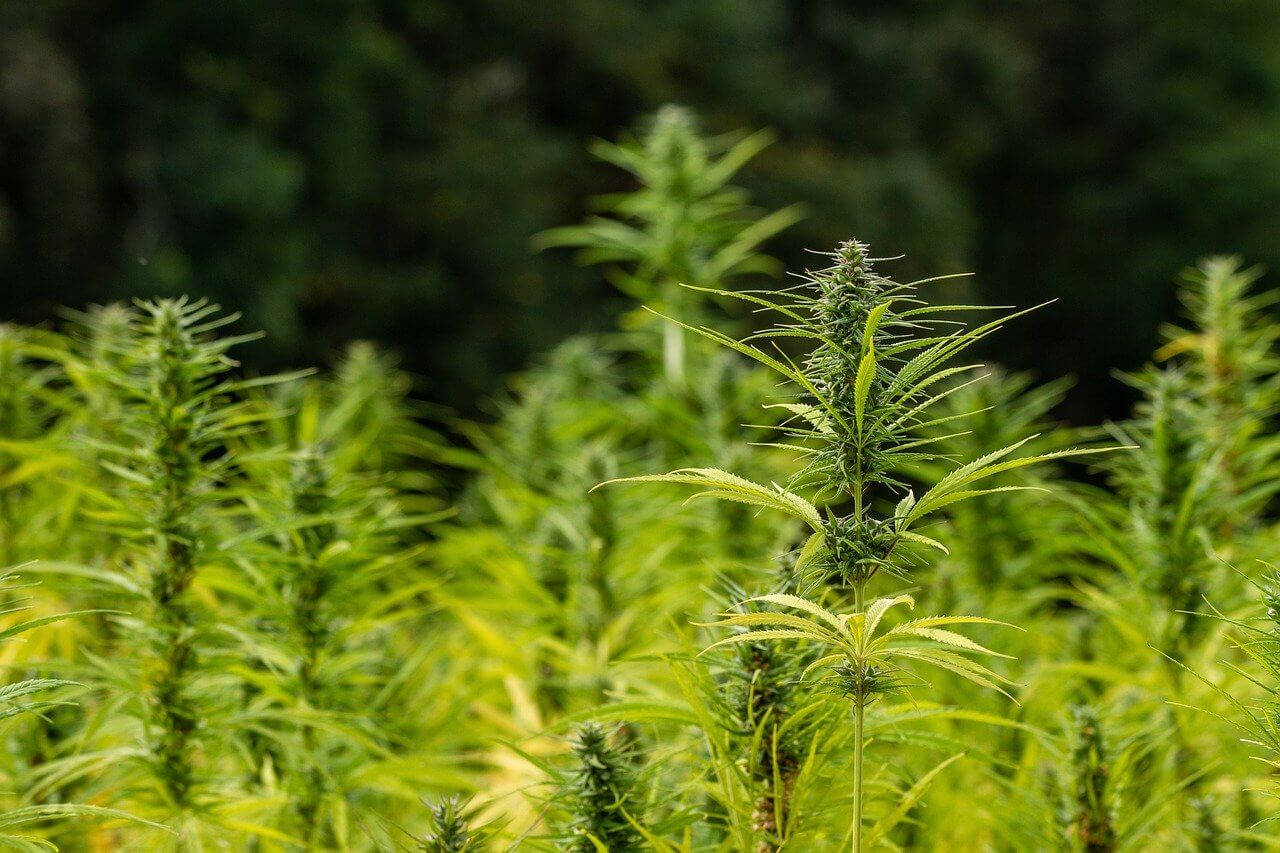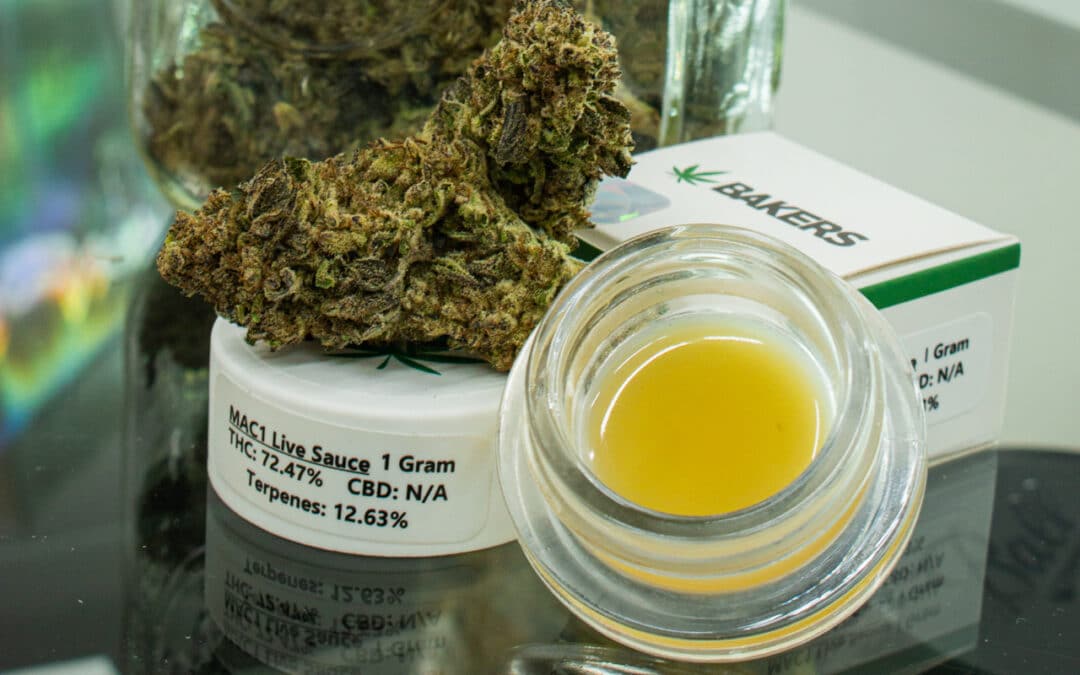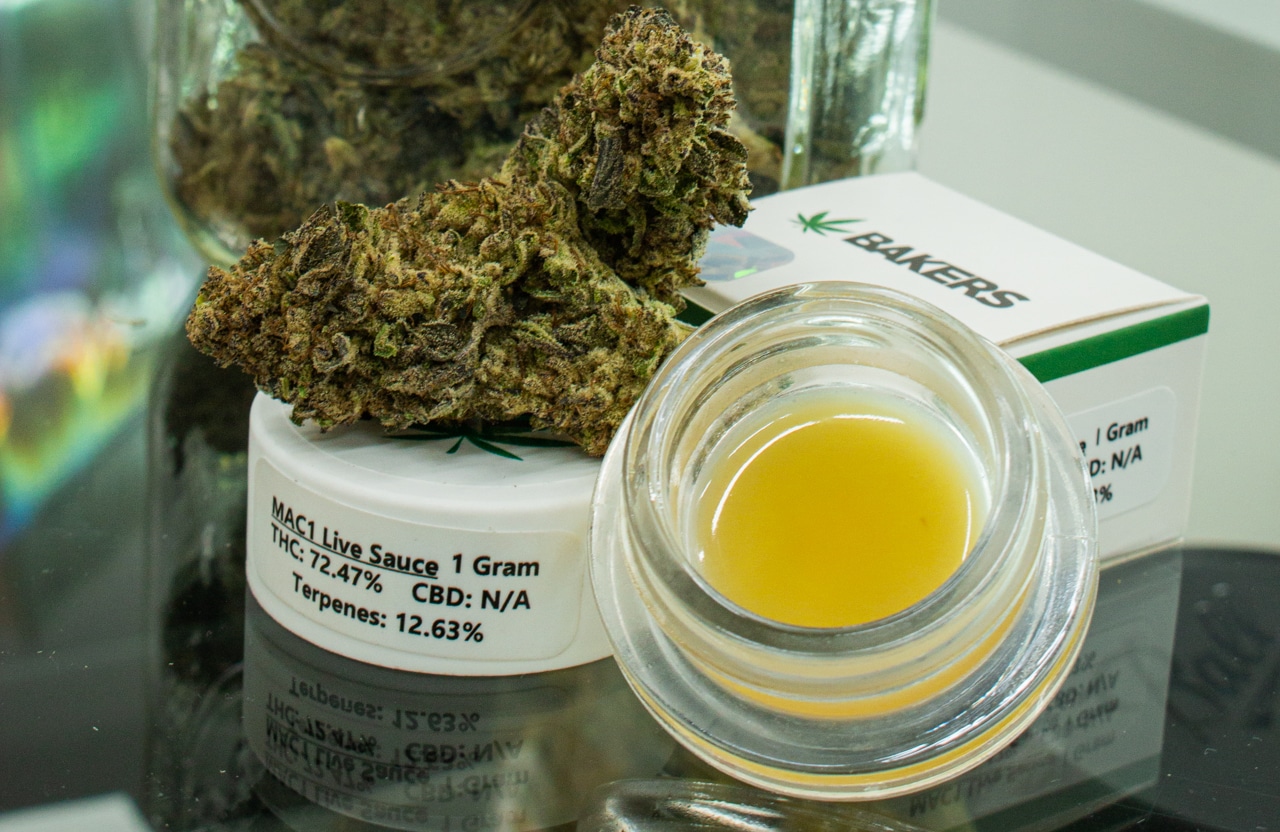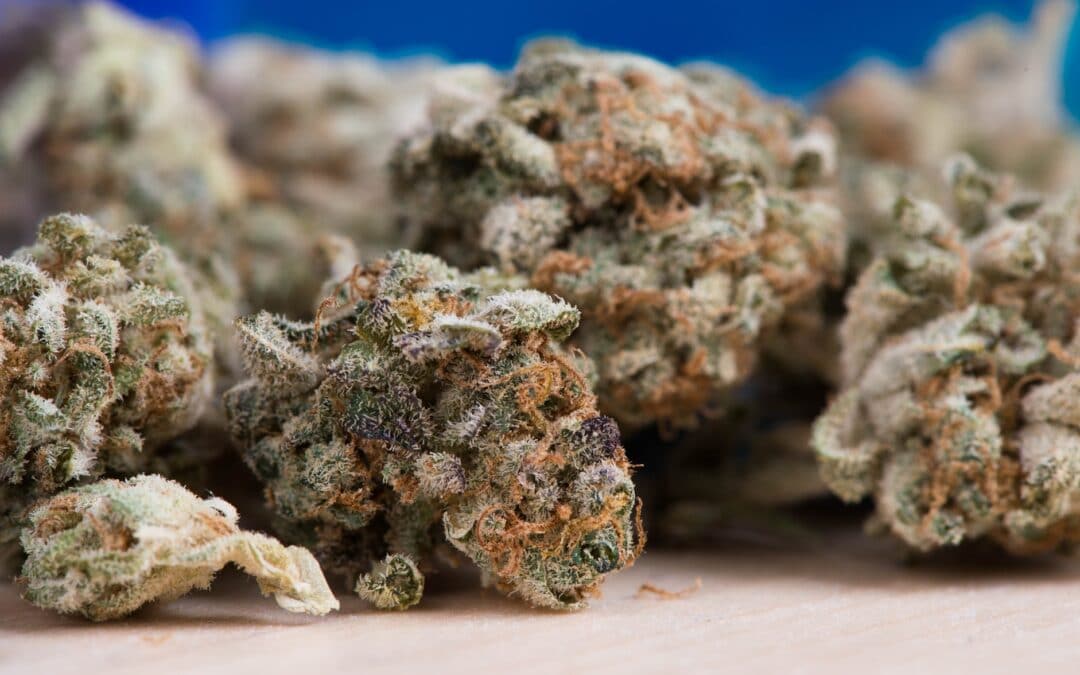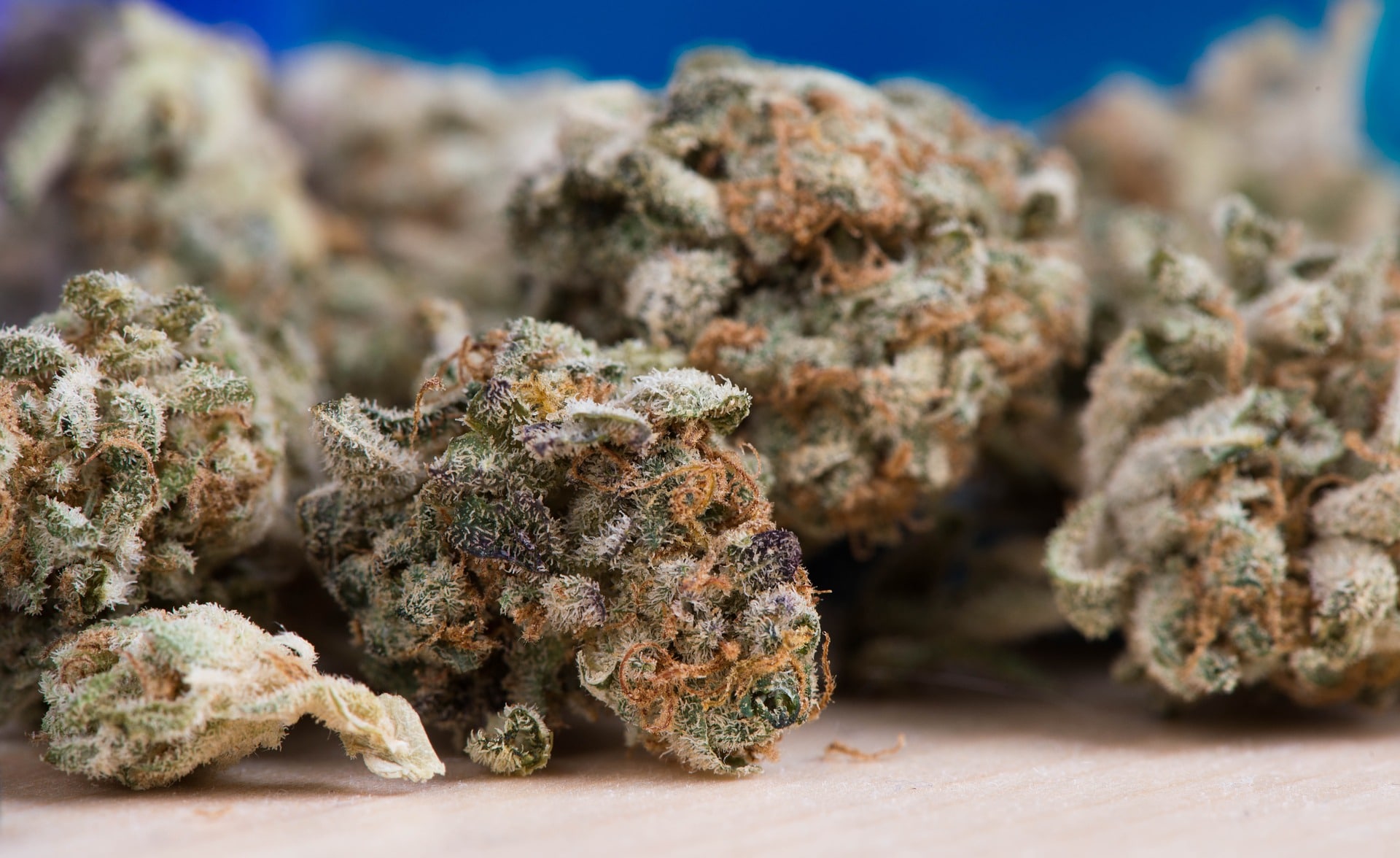
Austin to Vote on Cannabis Law Enforcement Reforms

Residents in Austin, Texas will have the opportunity to vote on cannabis enforcement reforms in May.
Voters in Austin, Texas in May will vote on ending the enforcement of low-level cannabis offenses and no-knock raids by law enforcement, KXAN reports. The City Clerk’s Office on Monday qualified the ballot measure, known as the Austin Freedom Act.
Last year, the City Council approved a resolution prohibiting Austin police from spending city funds on lab tests to distinguish hemp from THC-rich cannabis in personal possession cases – a move meant to end arrests and fines for low-level cannabis possession.
Advocates submitted the petition signatures to officials last month. At the time, Ken Casaday, president of the Austin Police Association, said the 2021 resolution had already changed how the city police enforce cannabis laws and he didn’t “really see the point” of the initiative. He indicated that Austin police don’t make arrests for “low amounts” of cannabis.
Mike Siegel, political director of Ground Game Texas, which is backing the campaign, said the initiative would codify that “current informal policy.”

